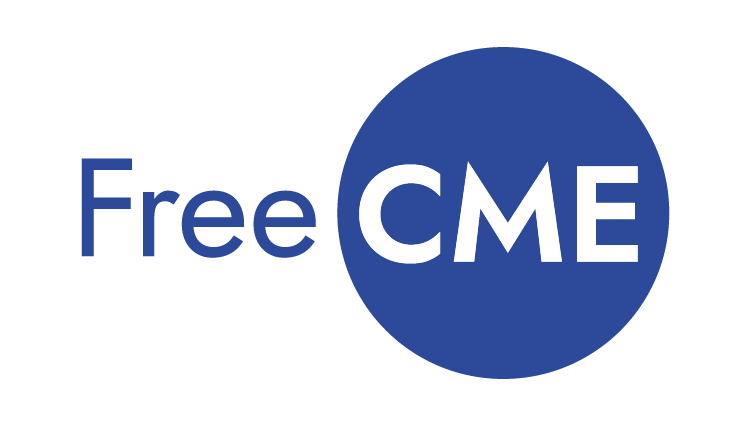Overview of Our Psychiatry Courses
The field of psychiatry continues to evolve rapidly, with new medications, diagnostic tools, therapeutic approaches, and research transforming how mental health is understood and treated. As clinicians are increasingly called upon to manage complex psychiatric conditions—from mood disorders and psychosis to substance use and trauma-related illnesses—ongoing education is essential. FreeCME offers a growing selection of free online psychiatry CME courses that provide evidence-based, practical insights to support clinicians across all mental health care settings.
Featured Courses

Bridging Community: Collaborative Efforts in Early Detection and Intervention for Alzheimer’s Disease

Developments in the Management of Epilepsy in Adults and Children: Updates in Gaps in Therapy, Developments in Treatment, and Treatment-Related Considerations

Experts in Conversation: Highlights from AAIC 2024 with Sharon A Brangman, Argonde van Harten and Gemma Salvadó | Journey to a New Era for Alzheimer’s Disease

Experts in Conversation: Highlights from AD/PD and CONy 2024 with Dorota Religa and Robert Perneczky | Journey to a New Era for Alzheimer’s Disease
All courses are developed in partnership with accredited continuing medical education providers, ensuring the highest standards of clinical relevance, research accuracy, and therapeutic guidance. Whether you are treating patients in an inpatient psychiatric unit, outpatient practice, primary care clinic, or integrated behavioral health setting, these CME activities are designed to address real-world challenges and enhance patient care.
Courses are available on demand and can be completed at your own pace. After reviewing the course content and completing a brief post-test, you can immediately download your CME or CE certificate—helping you fulfill licensure renewal, board certification, or employer-mandated education requirements efficiently and without cost.
The FreeCME psychiatry curriculum covers a broad spectrum of core topics and emerging trends in mental health care, including:
-
Mood disorders, such as major depressive disorder, bipolar disorder, and treatment-resistant depression
-
Anxiety disorders, including generalized anxiety, panic disorder, PTSD, and obsessive-compulsive disorder
-
Schizophrenia and psychotic disorders, with a focus on early diagnosis, medication management, and psychosocial interventions
-
Substance use disorders, including opioid use disorder (OUD), alcohol use, and harm reduction strategies
-
Pharmacologic treatment updates, including antipsychotics, antidepressants, mood stabilizers, and side effect management
-
Child and adolescent psychiatry, covering ADHD, autism spectrum disorders, and youth suicide prevention
-
Geriatric psychiatry, including dementia, late-life depression, and polypharmacy concerns
-
Telepsychiatry and digital tools, addressing virtual care delivery, ethical considerations, and patient engagement
These CME activities are ideal for psychiatrists and mental health providers across all levels of training and settings. They’re also highly relevant for family physicians, internists, nurse practitioners, and PAs who frequently manage psychiatric comorbidities in their general medical patients. Courses often align with the latest recommendations from respected bodies such as the American Psychiatric Association (APA), Substance Abuse and Mental Health Services Administration (SAMHSA), and the National Institute of Mental Health (NIMH).
